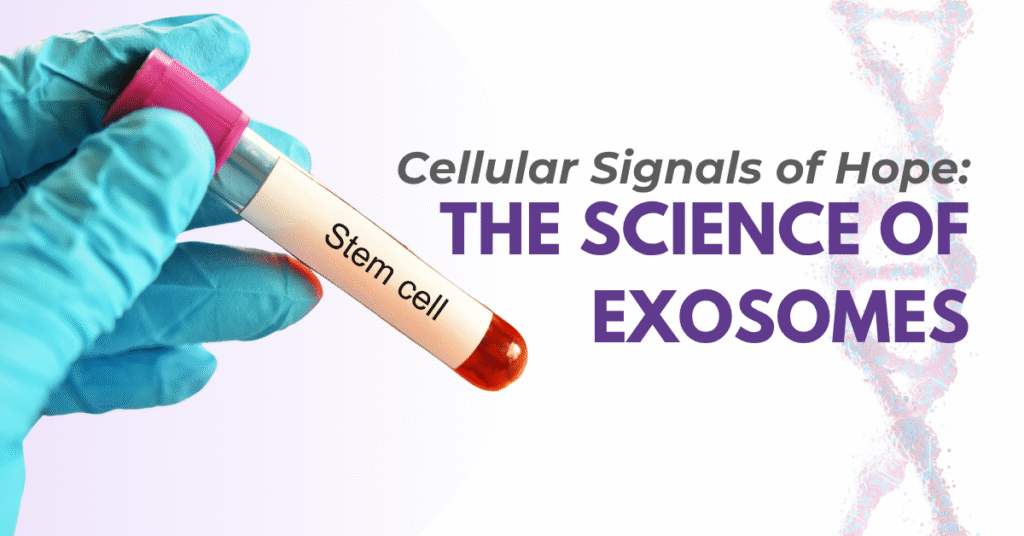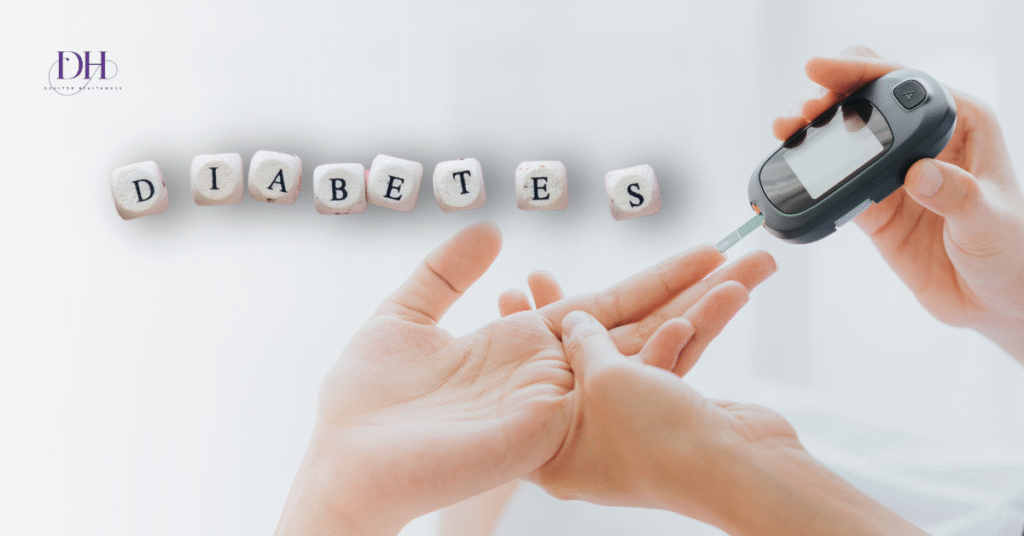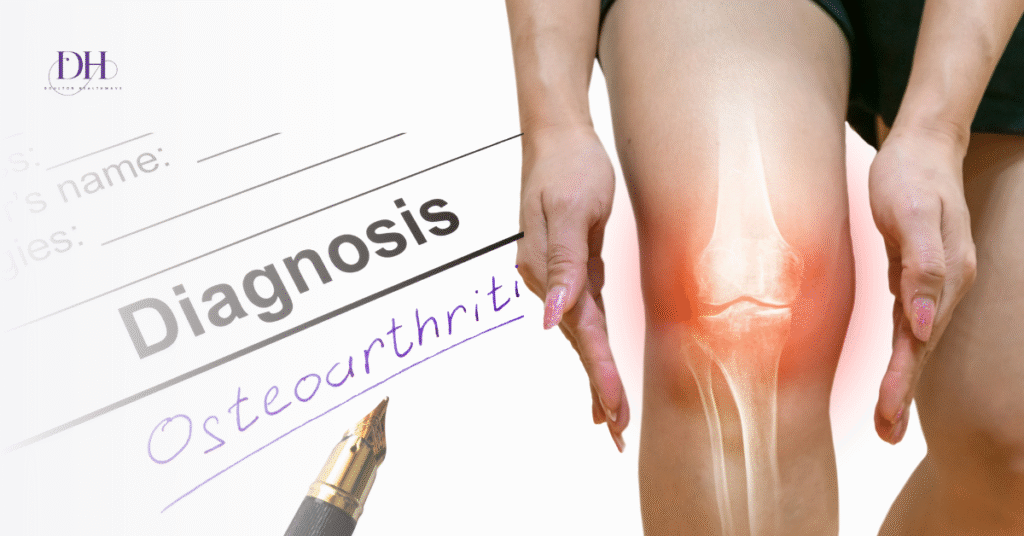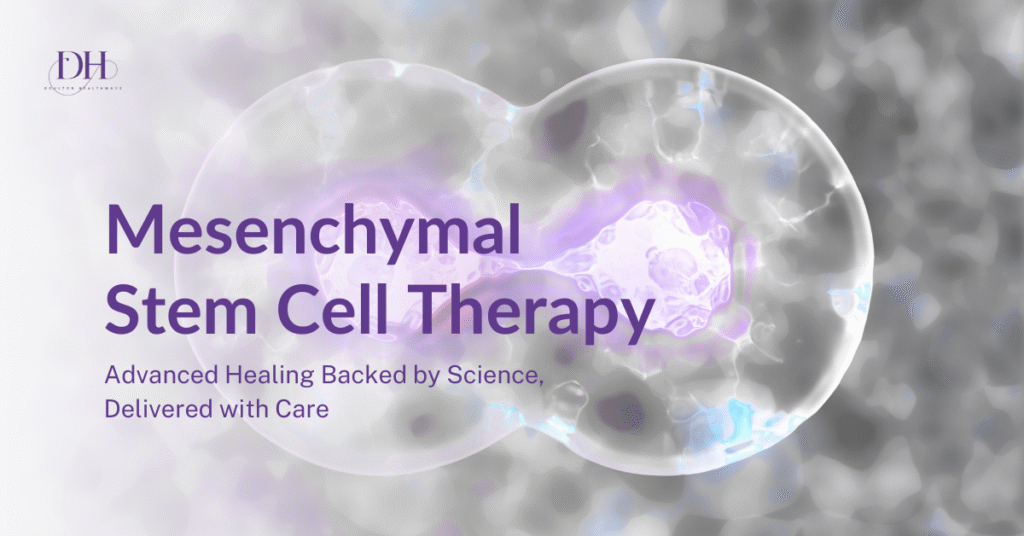Healing Damaged Lungs Naturally: MSC Therapy for COPD and Pulmonary Fibrosis
Breathe Easier, Starting Right Now. For millions across Asia living with chronic lung conditions like COPD (Chronic Obstructive Pulmonary Disease) or pulmonary fibrosis, each breath is a daily challenge. These progressive lung diseasesdon’t just affect your ability to breathe—they gradually weaken your lungs, drain your energy, limit your freedom, and reduce your quality of life.
At Doulton Healthwave, we understand the weight that comes with every exhale—especially for those living with chronic lung diseases. That’s why we’re shedding light on Mesenchymal Stem Cell (MSC) Therapy—a new frontier in regenerative medicine that could offer hope for lung healing where traditional treatments fall short.
Understanding COPD and Pulmonary Fibrosis
COPD is a group of diseases—mainly emphysema and chronic bronchitis—that block airflow and make it difficult to breathe. It’s often caused by long-term exposure to irritants like cigarette smoke or environmental pollutants. Over time, airways become inflamed and narrowed, and the lungs lose their elasticity.
Pulmonary fibrosis, on the other hand, involves scarring of the lung tissue. This thickened, stiff tissue makes it harder for oxygen to pass into the bloodstream, causing breathlessness, dry cough, and fatigue. In many cases, the cause is unknown (idiopathic pulmonary fibrosis or IPF).
Both conditions are progressive and irreversible. And while medications, oxygen therapy, and pulmonary rehab can slow their progression, they cannot reverse the damage already done.
The Limits of Current Treatment Options
Traditional therapies focus on symptom control:
- Bronchodilators to open the airways
- Corticosteroids to reduce inflammation
- Oxygen therapy to aid breathing
- Antifibrotic drugs (for IPF) to slow lung scarring
However, these options don’t regenerate damaged lung tissue. Lung transplants are the only curative option, but they come with serious risks, limited availability, and lifelong immune suppression.
That’s where stem cell therapy is beginning to stand out.
What Are Mesenchymal Stem Cells (MSCs)?
MSCs are adult stem cells found in tissues like bone marrow, fat, and umbilical cords. At Doulton Healthwave, we work with Wharton’s Jelly-derived MSCs, sourced ethically from umbilical cord tissue after birth.
Why these cells?
- They reduce inflammation, a major factor in COPD and fibrosis.
- They repair lung tissue, supporting the regeneration of damaged areas.
- They regulate the immune system, reducing abnormal immune responses.
- They promote angiogenesis, improving oxygen delivery through better blood flow.
These abilities make MSCs a powerful, natural tool to support lung healing and function.
How MSC Therapy Works for Lung Disease
The process is straightforward and minimally invasive:
- Cell Preparation – MSCs are harvested, purified, and multiplied in sterile lab conditions.
- Administration – The cells are delivered via IV infusion or inhalation, allowing them to travel to damaged lung areas.
- Healing Activation – Once there, they release signals (cytokines and growth factors) that reduce inflammation, promote regeneration, and slow fibrosis.
Unlike drugs that only treat symptoms, MSCs target the root cause by helping the lungs heal from within.
When Is the Best Time and Age for MSC Therapy?
Timing matters. The earlier MSC therapy is introduced in the progression of COPD or lung fibrosis, the more potential it has to preserve lung function and slow irreversible damage. Patients in mild to moderate stages—before dependence on full-time oxygen therapy—tend to see the most measurable improvements.
As for age, ideal candidates are typically between 40 to 75 years old, especially if they are still relatively active and stable enough for cell therapy. However, even older adults may benefit depending on their overall health profile and severity of the disease.
Every case is unique—that’s why personalized consultation is key.
Backed by Science: Clinical Evidence on MSCs for COPD & Fibrosis
A growing number of studies show encouraging results for MSC therapy in lung conditions:
- A 2017 clinical trial published in Chest Journal found that intravenous MSC therapy in COPD patients improved lung function and lowered inflammation markers. Link
- A 2020 study in Stem Cells Translational Medicine showed that Wharton’s Jelly MSCs slowed disease progression and improved quality of life in patients with idiopathic pulmonary fibrosis. Link
- A meta-analysis in 2022 concluded that MSC treatment is safe and may improve pulmonary function, reduce inflammation, and enhance exercise tolerance. Link
These peer-reviewed studies are giving researchers and clinicians more confidence that stem cell therapy is a viable future for lung disease treatment.
Why Wharton’s Jelly MSCs Are the Preferred Source
Compared to other sources like bone marrow or adipose tissue, Wharton’s Jelly MSCs are:
- Younger and more potent – higher regenerative capacity
- Less invasive to collect – no surgery involved
- Lower risk of immune rejection – ideal for allogeneic (donor) use
- Rich in cytokines – enhances lung healing and repair
Their anti-inflammatory and anti-fibrotic properties make them ideal for treating chronic lung conditions.
Is It Safe?
Safety is a top priority at Doulton Healthwave. Clinical trials have consistently shown:
- No severe adverse events
- No cases of immune rejection or cancer development
- Improved quality of life and exercise tolerance
A 2024 review by Jeung et al. confirms MSC therapy’s excellent safety profile in patients with chronic lung disease. Link
The Doulton Healthwave Approach
At Doulton Healthwave, we make regenerative care accessible by:
- Partnering with certified stem cell labs
- Connecting patients with board-certified specialists
- Offering personalized consultations online
We don’t just provide therapy—we offer education, support, and guidance every step of the way.
Who Can Benefit from UC-MSC Therapy?
Stem cell therapy isn’t for everyone, but many with chronic lung disease may benefit, especially those who meet certain criteria:
- COPD or pulmonary fibrosis with worsening symptoms
- Patients who are not eligible for lung transplants due to age or overall health
- Those not responding well to inhalers, steroids, or oxygen
- Those seeking non-invasive lung repair
Screening may include PFTs, CT scans, and oxygen checks to assess lung health. Patients with active infections may need to stabilize before treatment.
What to Expect After Therapy
Stem cell therapy isn’t instant—improvements may take weeks to months and vary by individual.
- Improved stamina and ability to walk longer distances
- Less breathlessness and chest discomfort
- Better sleep and reduced shortness of breath
- Gradual improvement in lung function and oxygen intake
Patients are advised to stay on heart meds and may continue supplements like CoQ10, omega-3s, or a low-sodium diet to support recovery.
Lifestyle & Post-Treatment Guidance
MSC therapy works best when paired with positive lifestyle changes. Patients are generally encouraged to:
- Engage in low-impact physical activity (as advised by your doctor)
- Manage stress levels to reduce inflammation
- Stick to a heart-healthy diet—rich in antioxidants, fiber, and good fats
- Avoid smoking, excessive alcohol, and sedentary routines
Most importantly, follow-up consultations remain critical to monitor your heart’s progress and determine whether booster treatments may be beneficial in the future.
Emotional and Psychological Benefits
A powerful yet overlooked benefit of regenerative care is its psychological impact—offering hope and relief to patients weary from diagnosis and medications.
- Improved mental clarity and mood after therapy
- Renewed hope grounded in science, not guesswork
- Empowerment from choosing a proactive, advanced solution
- Emotional relief from the fear of heart failure progression
This shift in perspective often translates into higher adherence to recovery protocols and better long-term health behavior.
UC-MSC Across Borders
Doulton Healthwave facilitates access to world-class regenerative care in Malaysia, a country rapidly becoming known for its medical excellence. Why Malaysia?
- Ethical regulatory oversight of cell therapy labs
- Cost-effective without compromising quality
- Multilingual medical teams trained in global techniques
- Seamless integration of wellness tourism and treatment recovery
Whether you’re traveling from Korea, Japan, Vietnam, or beyond, the journey to better heart health can be made accessible, comfortable, and informed.
Ethical Considerations & Transparency
Not all stem cell providers are equal. Doulton Healthwave prioritizes transparency, ethical sourcing, and patient safety.
- All stem cells used are ethically sourced post-birth with full donor consent
- Treatments are supported by third-party clinical data
- We work only with licensed labs and certified specialists.
- No false promises or unverified claims—just science-backed possibilities
This commitment ensures that patients are not misled by hype but are instead empowered by facts.
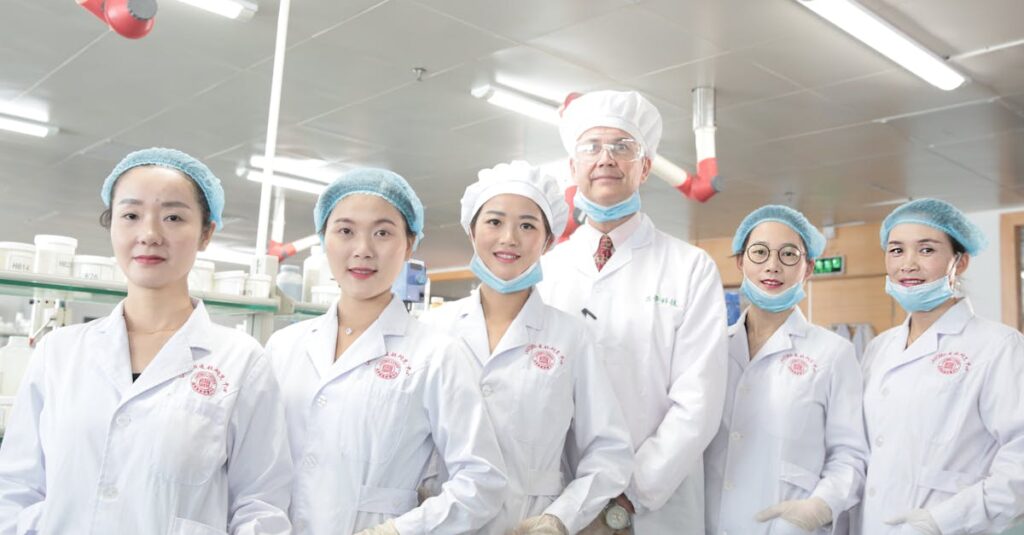
Looking Ahead: The Future of Lung Regeneration
Stem cell research for lung disease is advancing. New studies explore combining MSCs with exosomes, growth factors, or genetic stimulation to boost healing.
For lung disease, AI and precision medicine are being explored to personalize stem cell therapy—optimizing dosing and timing for each patient’s needs.
As lung disease treatments evolve, Doulton Healthwave stays at the forefront of regenerative innovation—offering non-invasive, lasting healing solutions.
References:

